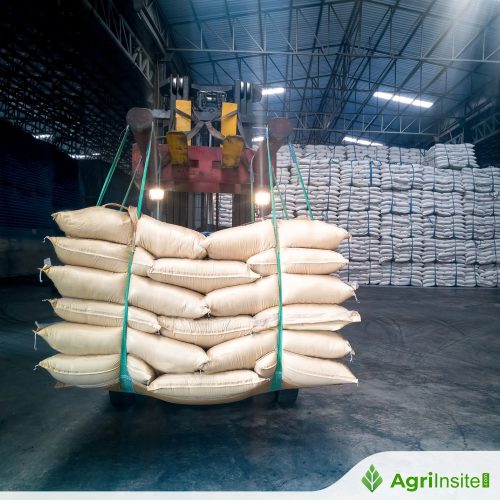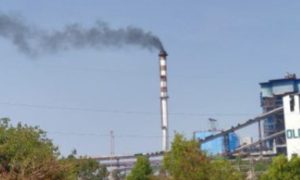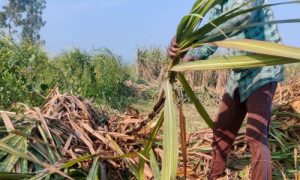Indonesia president-elect’s advisers reviewing sugar import tax

JAKARTA (Oct 10): Advisors to Indonesia’s president-elect Prabowo Subianto are reviewing a proposal to impose levies on sugar imports to support the country’s bioethanol program, a team member said. Biofuel adoption is part of Prabowo’s energy agenda, but Indonesia lacks sufficient sugarcane production. The levies would help finance bioethanol, which currently has higher production costs than gasoline.
JAKARTA : A team of experts advising Indonesia’s president-elect Prabowo Subianto are reviewing a scheme to impose levies on sugar imports to help finance the country’s bioethanol programme, a member of the team said on Thursday.
Wider adoption of biofuel, both palm oil-based biodiesel and in ethanol fuel, is part of the energy transition agenda by Prabowo, who will take office on Oct 20.
Indonesia, however, does not have enough production of sugarcane, the main bioethanol feedstock, for its domestic demand and still relies on imported sugar.
How Malaysia’s palm oil industry is championing biodiversity conservation, a key pillar of ESG
There is a growing focus on environmental, social and governance (ESG) practices in the palm oil industry, with Malaysia — one of the largest palm oil producers in the world — at the forefront of this movement. The country has pledged to conserve biodiversity and prevent illegal deforestation, committing to maintain at least 50% forest cover. True to its word, 54.9% of Malaysia remained forested as at December 2023, it published in the Fourth National Communication Report to the United Nations Framework Convention on Climate Change.
Meanwhile, production cost of bioethanol in Indonesia is currently higher than production cost of gasoline per litre, making it unattractive for producers.
To help finance the price gap, experts advising Prabowo are reviewing the feasibility of imposing levies on imports of sugar, said Ali Mundakir, a member team advising Prabowo.
“So it would be the opposite of the levies on palm oil, which are imposed on exports,” Ali told participants of a webinar held by think tank Institute for Essential Services Reform.
Indonesia collects levies on exports of palm oil to finance various programmes for the sector, including to subsidise the country’s biodiesel programme.
“This is still being reviewed, while we seek for other feedstocks for ethanol production,” Ali added.
It was unclear whether the team has discussed the proposal directly with Prabowo.
Indonesia plans to eventually mandate bioethanol content for gasoline at 15%.
The current government aims to expand the country’s sugar plantation area to 700,000 hectares (1.73 million acres) from 180,000 hectares in 2022 and targets be self-sufficient in sugar production by 2028.
Source: https://theedgemalaysia.com/node/729704
















